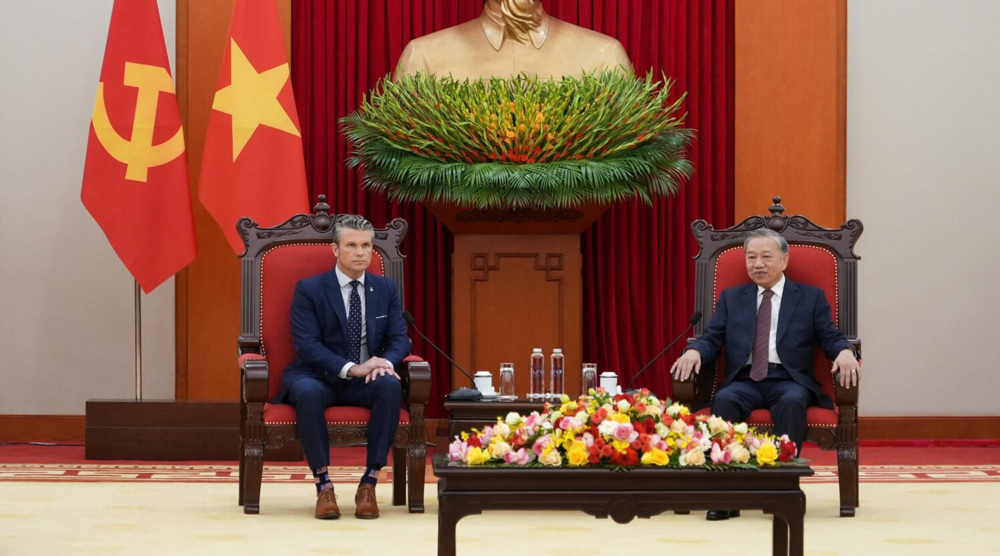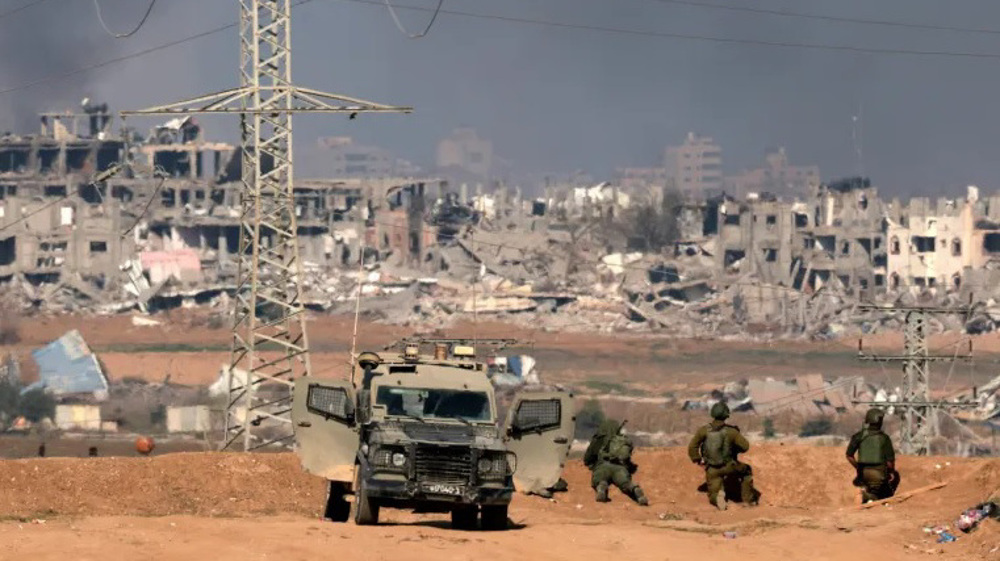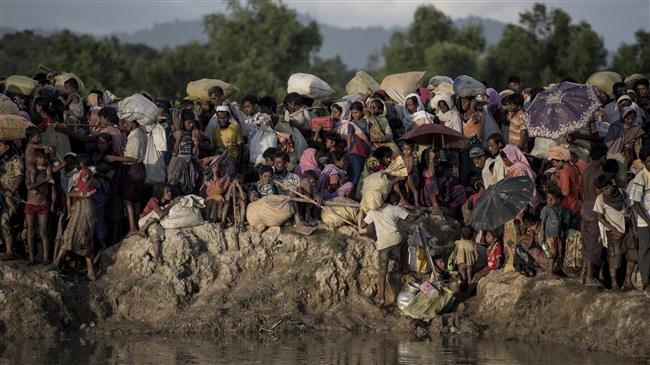Myanmar’s Suu Kyi, ‘an accomplice of genocide,’ a Canadian citizen no more
Canada has officially stripped Myanmar’s de facto leader and onetime “democracy icon” Aung San Suu Kyi of her honorary Canadian citizenship due to her role in state-sponsored violence against the Rohingya Muslim community in the Southeast Asian country.
The Canadian Senate unanimously voted to revoke Suu Kyi’s citizenship — initially offered in 2007 — on Tuesday.
The Canadian House of Commons had already voted on the same measure last week.
Senator Ratna Omidvar, the force behind the measure, said Suu Kyi’s silence in the face of the violence against the Rohingya needed to be condemned.
“We need to send a strong signal here in Canada and around the world that if you’re an accomplice of genocide, you are not welcome here,” Omidvar said on Tuesday.
Tens of thousands of Rohingya Muslims were killed, injured, arbitrarily arrested, or raped by Myanmarese soldiers and Buddhist mobs mainly between November 2016 and August 2017, when many of the surviving members of the community started fleeing to Bangladesh en masse.
The United Nations has concluded that the atrocities constitute genocide.
Canadian lawmakers had also already passed a resolution, in September, calling the violence against the Rohingya “genocide.”

With the Tuesday vote at the Canadian Senate, Suu Kyi became the first person ever to lose Canada’s symbolic citizenship.
Despite that development, she has come under fire over the plight of hundreds of thousands of Rohingya Muslims only recently.
The UN has said Myanmar’s top military generals should be investigated and prosecuted for genocide. It has also hinted Suu Kyi is complicit.
When UN investigators announced in August that the mass killings and gang rapes in Myanmar had been conducted with genocidal intent, many even expected that it would lead up to the Nobel committee withdrawing the Nobel Peace Prize awarded to Suu Kyi back in 1991.
But the Norwegian committee argued that the prize had been awarded for achievements of the past and could not be therefore withdrawn.
The Rohingya Muslims, who have lived in Myanmar for generations, are denied citizenship and are branded illegal immigrants from Bangladesh, which likewise denies them citizenship.
Some 700,000 Rohingya are now living in squalid camps in Bangladesh or in a plot of land known as “no man’s land.”
Ex-PM Olmert admits Israel committing ‘ethnic cleansing’ in West Bank
Iran, US begin talks on nuclear program in Muscat: Report
China reaffirms support for Iran’s peaceful nuclear rights
FM: Iran stands firm on rights, enters talks with US ‘with open eyes’
VIDEO | Northern Morocco braces for flooding amid heavy rain
#IR47: How 1979 Islamic Revolution reshaped women’s role in Iran's medical sector
US pursues ‘neither war, nor peace’ strategy to sustain pressure on Iran: Ex-diplomat
VIDEO | Iranian family mourns father killed in foreign-backed violence













 This makes it easy to access the Press TV website
This makes it easy to access the Press TV website